Features > Property News & Insights > Market updates
New leadership, same housing challenges in Queensland
.png)
KEY POINTS
- Real estate sales volumes and house prices tend to spike in the immediate aftermath of state elections in Queensland
- The Sunshine State is experiencing strong economic growth from interstate and overseas migration
- However, the state is experiencing housing shortages and strained affordability, which could affect its competitive edge and its ability to keep attracting workers from other states
Congratulations to new Premier David Crisafulli and the Liberal-National Party on their election win—albeit by a slim margin—in last Saturday’s Queensland state election.
While the election campaign was largely fought on law and order issues, cost-of-living pressures, particularly housing, remained high on the political agenda.
Increasing the housing supply in the Sunshine State will be a major challenge for the new government, but research shows that making homes more affordable could also be a challenge—particularly in the short term.
In fact historical data shows there tends to be a house price spike in Queensland in the period immediately after a state election.
The details
Data from the Australian Bureau of Statistics clearly shows the strong population growth Queensland is currently experiencing.
The Sunshine State has the third highest net overseas migration intake in Australia, but it is also the biggest net beneficiary of migrants from other parts of the nation.
As of the 31st of March this year, Queensland gained 30,930 people from the other states, while the most populous state of New South Wales lost 31,183 and Victoria gained only 537.
This is obviously a huge economic boost for Queensland, with some of Australia’s most skilled and productive workers moving north looking for good jobs and cheaper housing.
While there’s plenty of work in the Sunshine State, particularly around large infrastructure projects in the run-up to the 2032 Olympics in Brisbane, affordable housing is becoming a scarce commodity.
The latest monthly figures from CoreLogic show that home values rose 0.9% in Brisbane during September, 2.7% during the last three months and a whopping 14.5% over the last year, with only booming Perth (24.1%) and Adelaide (14.8%) seeing higher annual growth.
CoreLogic says the median home value in Brisbane is now $881,091, making it the second most expensive capital in Australia behind Sydney ($1,188,912).
And it could get a lot more expensive in Brisbane and other Queensland cities, particularly in the next few months.
Post-election property “bump”
Research by Brisbane-based Place Advisory shows that in the immediate aftermath of state elections in Queensland there is a spike in property sales and a lift in house prices.
The firm looked at the past three electoral cycles in the state and, irrespective of whether the poll was won by the LNP or Labor, it found that more properties came onto the market after an election and prices rose.
Based on this, Place is predicting a 10-15% lift in property sales over the next quarter.
In the lead up to previous state elections the property market tended to slow as some buyers adopt a “wait-and-see” stance.
However, it bounced back strongly afterwards.
After the last state election in 2020, which saw Labor retain power under Annastacia Palaszczuk, there was a 15% spike in sales.
When Ms Palaszczuk led Labor to victory over the LNP in 2015 there was a 9.3% lift in property sales and similarly when the LNP’s Campbell Newman beat Anna Bligh in 2012 there was a 9.2% rise in sales volumes.
House prices also rose.
In 2020, prices soared 9.5% after the election, with a more subdued 5.9% after the 2015 poll and 2% in 2012.
“Both electoral outcomes (a change in government and the retention of power) resulted in positive market movements, suggesting that the outcome itself may be less important than the certainty that follows,” Place says.
Co-founder Damian Hackett says there’s a “spike in indecisiveness during times of uncertainty (like elections) among a portion of the population.”
And it’s clear there’s often an over-correction afterwards.
Work cut out for new government
There’s no doubt that the new government has its work cut out to address the current housing shortfall in Queensland.
In 2022 the Labor state government convened a summit with the property sector, the building industry and community groups to address the problem of housing affordability and homelessness in Queensland.
Yet, two years on, the Property Council’s Queensland branch says, “The number of homes being delivered in Queensland has hit its lowest level since 2013, with just 6,948 new homes built in the March Quarter of 2024.”
“Since the summit, Queensland homes have been hit with two new tax hikes, bringing the total to 12 new or increased taxes on housing in less than a decade,” according to the Property Council’s Queensland chief, Jess Caire.
The Council claims that two levies aimed at foreign investors - the Foreign Land Tax Surcharge and Additional Foreign Acquirers Duty have actually led to the loss of nearly 33,000 homes that would have been built in the Sunshine State.
Moving forward, the LNP has promised to commit $2 billion towards a housing infrastructure fund.
During the election campaign, it also promised a shared equity scheme to help first-time home buyers and, like Labor, pledged not to implement rent caps in Queensland.
This latter move would have been yet another blow for investors in the Sunshine State, who have been stung by a number of recent tax increases.
Despite these housing commitments, David Crisafulli’s new government will have to move fast to make sure there’s adequate housing for the state’s rapidly growing population.
Queensland may be powering ahead on the economic front, but it’s clear the housing challenge could risk it losing the competitive edge that has made the Sunshine State such a drawcard for people from overseas and other parts of Australia.
Stay Up to Date
with the Latest Australian Property News, Insights & Education.




.png?width=292&height=292&name=Copy%20Link%20(1).png)
 SIGN UP FOR FREE NEWSLETTER
SIGN UP FOR FREE NEWSLETTER
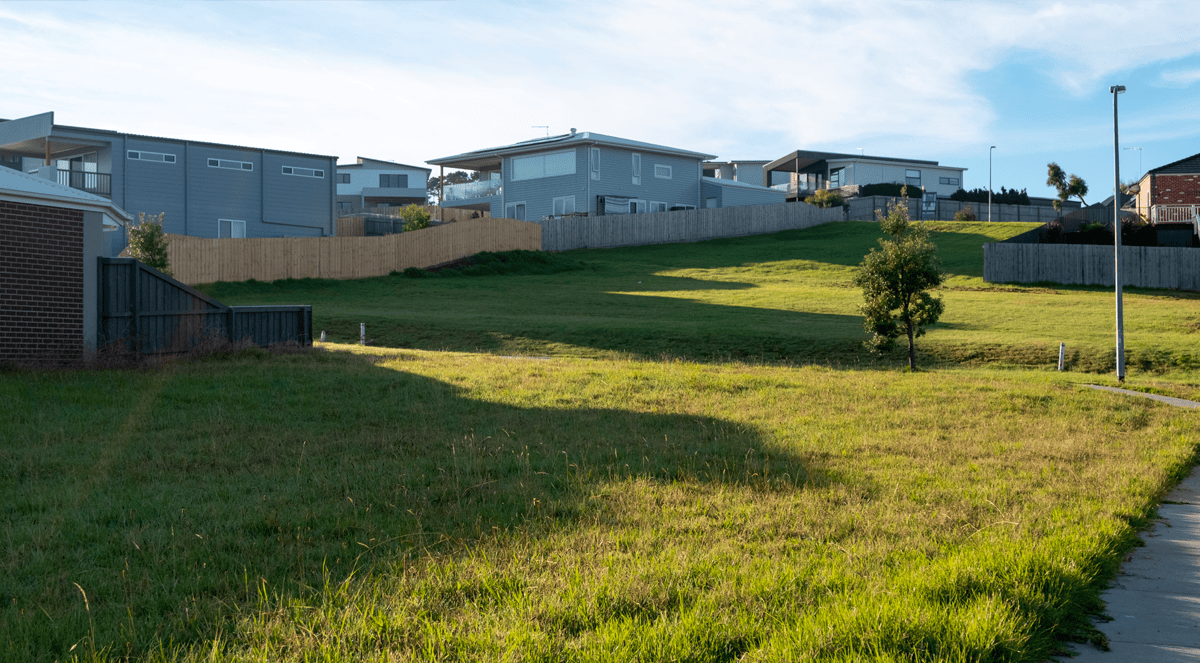
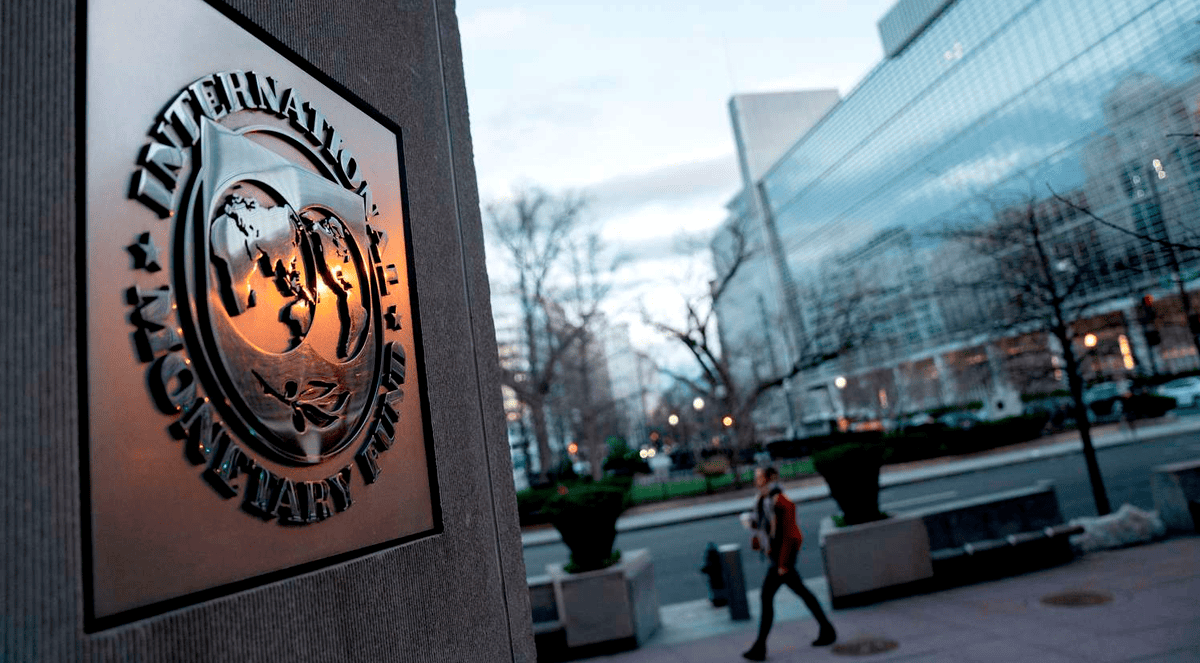
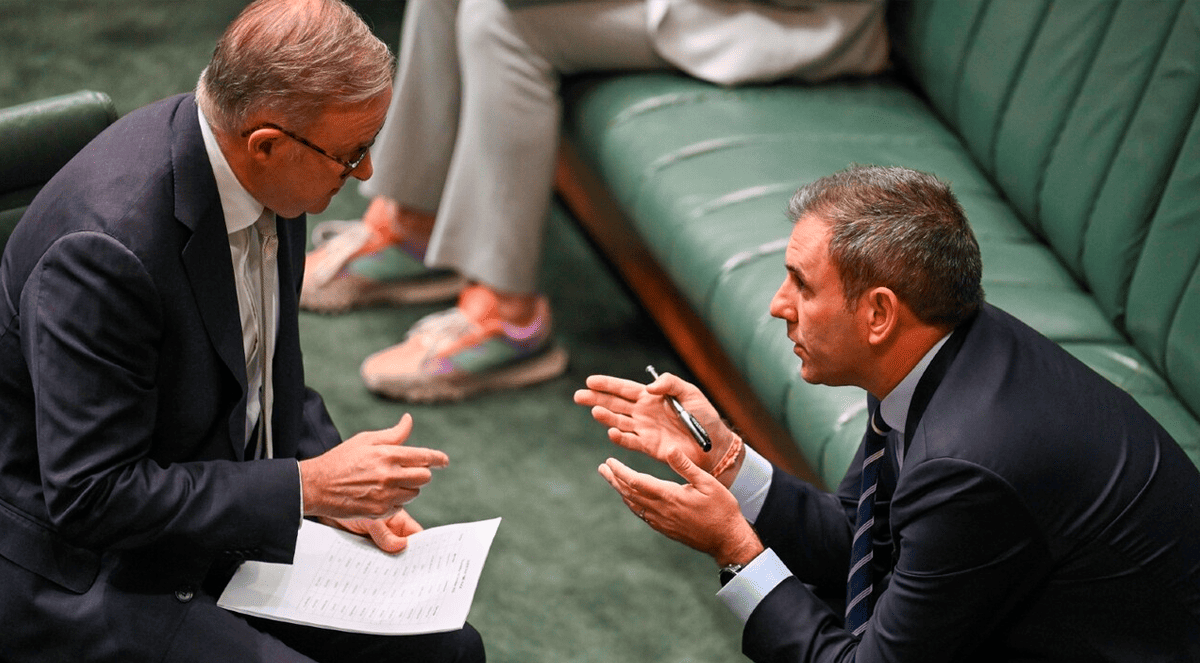
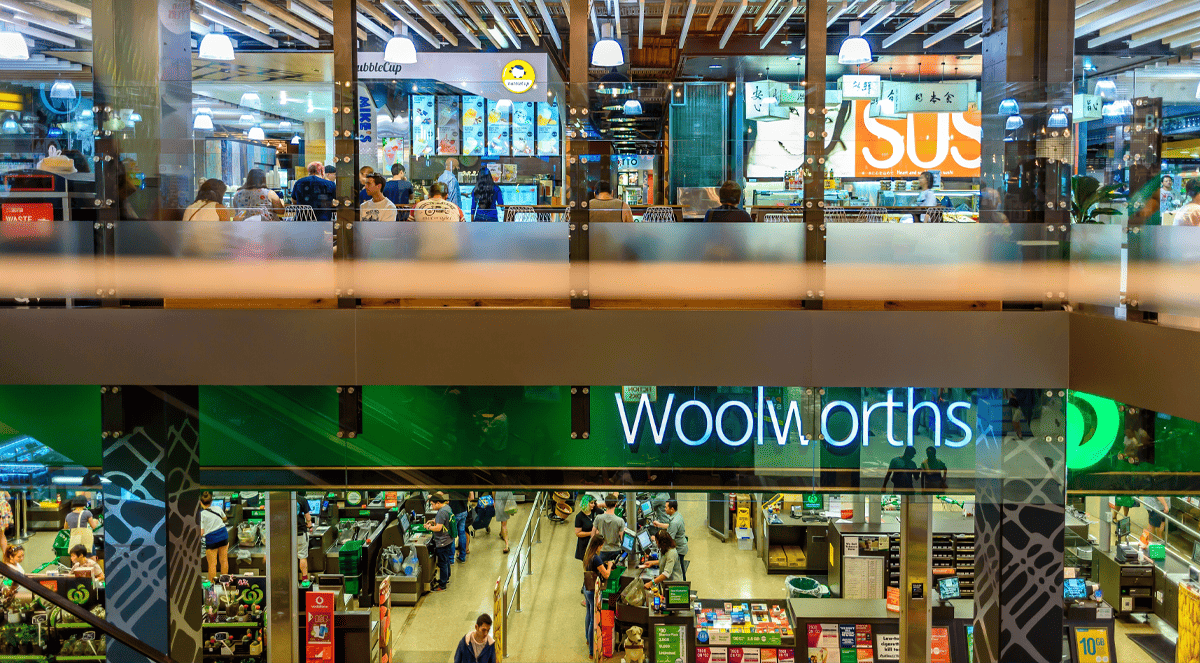
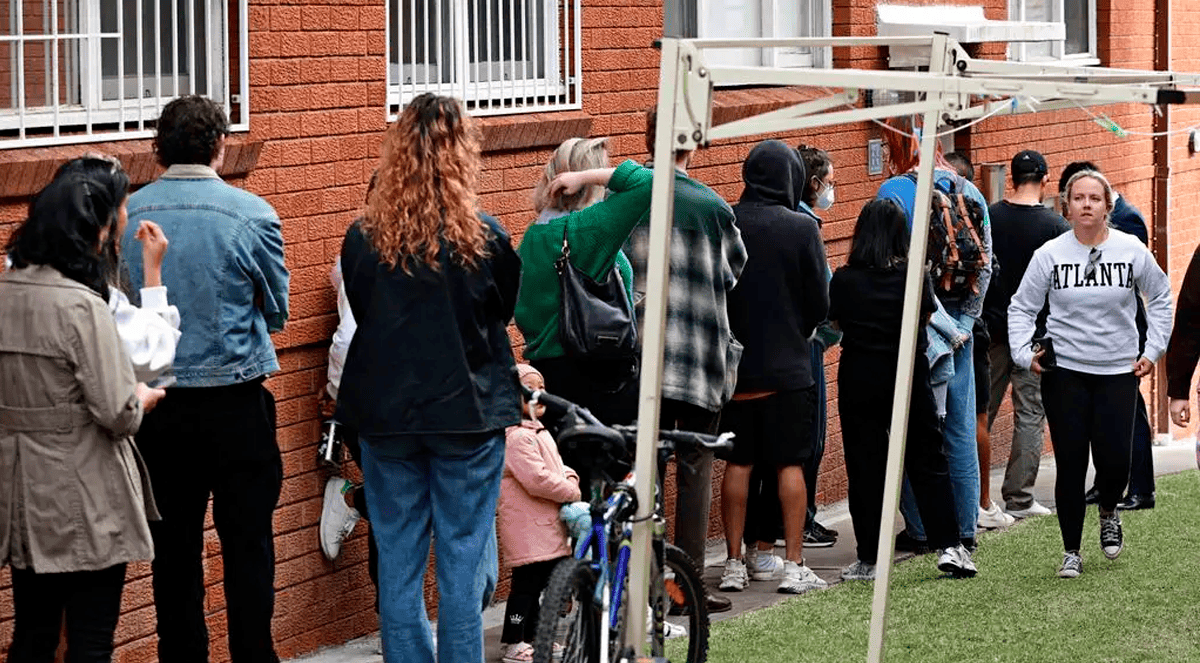


%20Scott%20Kuru%20DPU%20145.jpg?width=1920&height=1080&name=Senate%20Inquiry%20Forced%20the%20RBA%20to%20Admit%20the%20Housing%20Crisis%20Will%20Never%20Be%20Fixed%20(It%20Was%20All%20a%20Lie)%20Scott%20Kuru%20DPU%20145.jpg)



%20Scott%20Kuru%20DPU%20141.jpg?width=1920&height=1080&name=The%20Senate%20Just%20Exposed%20Australias%20Biggest%20$80%20Billion%20Housing%20Fraud%20(Inquiry%20Launched)%20Scott%20Kuru%20DPU%20141.jpg)




%20Scott%20Kuru%20DPU136.jpg?width=1920&height=1080&name=Aussies%20Just%20Got%20Hit%20With%20Double%20Taxes%20on%20Everything%20(This%20Has%20Gone%20Too%20Far)%20Scott%20Kuru%20DPU136.jpg)


%20Scott%20Kuru%20DPU%20133.jpg?width=1920&height=1080&name=JUST%20IN%20Something%20Major%20Just%20Flipped%20Australia%E2%80%99s%20Property%20Market%20for%202026%20(No%20One%20Saw%20This%20Coming)%20Scott%20Kuru%20DPU%20133.jpg)


.jpg?width=1920&height=1080&name=Rental%20Prices%20At%20Record%20Highs%20And%20Vacancy%20Rates%20At%20All%20Time%20Lows%20(New%20Data%20Reveals).jpg)
%20%20DPU%20EP%2014.jpg?width=1920&height=1080&name=Investors%20Shutting%20Out%20First%20Home%20Buyers%20(Investors%20At%20Record%20Highs)%20%20DPU%20EP%2014.jpg)

.jpg?width=1920&height=1080&name=Darwins%20Property%20Market%20Boom%20or%20Dangerous%20Gamble%20(REVEALED).jpg)

.jpg?width=1920&height=1080&name=The%20RBA%E2%80%99s%20Rate%20Cut%20Could%20Explode%20House%20Prices%20(Here%E2%80%99s%20Why).jpg)








.jpg?width=1920&height=1080&name=Warning%2c%20You%20Might%20Be%20Facing%20Higher%20Taxes%20Soon%20(1).jpg)




.png?width=1920&height=1080&name=Rate%20Drops%20Signal%20BIGGEST%20Property%20Boom%20in%20DECADES%20(1).png)

.jpg?width=1920&height=1080&name=Labor%20vs%20Liberal%20These%20Housing%20Policies%20Could%20Change%20the%20Property%20Market%20Forever%20(1).jpg)
.jpg?width=1920&height=1080&name=QLD%20Slashes%20Stamp%20Duty%20Big%20News%20for%20Investors%20%26%20Home%20Buyers%20(1).jpg)
.jpg?width=1920&height=1080&name=Trump%20Just%20Slapped%20Tariffs%20%E2%80%93%20Here%E2%80%99s%20What%20It%20Means%20for%20Australia%20(1).jpg)
.jpg?width=1920&height=1080&name=Federal%20Budget%202025%20More%20Debt%2c%20No%20Housing%20%E2%80%93%20Here%E2%80%99s%20What%20You%20Need%20to%20Know%20(1).jpg)
.jpg?width=1920&height=1080&name=Australias%20Housing%20Crisis%20is%20about%20to%20get%20MUCH%20Worse%20(New%20Data%20Warns).jpg)
%20(1).jpg?width=1920&height=1080&name=Australias%20RENTAL%20CRISIS%20Hits%20ROCK%20BOTTOM!%20(2025%20Update)%20(1).jpg)
%20(1).png?width=1920&height=1080&name=Is%20Adelaide%20Still%20a%20Good%20Property%20Investment%20(2025%20UPDATE)%20(1).png)
.jpg?width=1920&height=1080&name=RBA%20Shocks%20with%20Rate%20Cuts!%20What%E2%80%99s%20Next%20for%20Property%20Investors%20(1).jpg)
%20(1).jpg?width=1920&height=1080&name=I%20Predict%20The%20Feb%20Rate%20Cut%20(My%20Price%20Growth%20Prediction)%20(1).jpg)
.png?width=1920&height=1080&name=Why%20Property%20Prices%20Will%20Rise%20in%202025%20Market%20Predictions%20(1).png)
.jpg?width=1920&height=1080&name=Why%20Investors%20Are%20Choosing%20Apartments%20Over%20Houses%202%20(1).jpg)
.jpg?width=1920&height=1080&name=Why%20Rate%20Cuts%20Will%20Trigger%20A%20Property%20Boom%20(1).jpg)
.jpg?width=1920&height=1080&name=Retire%20On%202Million%20With%20One%20Property%20(Using%20SMSF).jpg)
.jpg?width=1920&height=1080&name=4%20Reasons%20Why%20You%20Should%20Invest%20in%20Melbourne%20Now%20(1).jpg)
%20(1).jpg?width=1920&height=1080&name=Old%20Property%20vs%20New%20Property%20(Facts%20and%20Figures%20Revealed)%20(1).jpg)
%20(1).jpg?width=1920&height=1080&name=Will%20The%20New%20QLD%20Govt%20Create%20a%20Property%20Boom%20or%20Bust%20(My%20Prediction)%20(1).jpg)
%20Scott%20Kuru%20(1).jpg?width=1920&height=1080&name=Inflation%20Hits%20Three-Year%20Low%20(Will%20RBA%20Cut%20Rates%20Soon)%20Scott%20Kuru%20(1).jpg)
.jpg?width=1920&height=1080&name=How%20to%20Buy%20Investment%20Property%20Through%20SMSF_%20The%20Ultimate%20Guide%20(1).jpg)
.jpg?width=1920&height=1080&name=Victoria%20Slashes%20Stamp%20Duty%20Melbourne%20Set%20to%20Boom%20Scott%20Kuru%20(1).jpg)
.png?width=1571&height=861&name=Are%20Foreign%20Buyers%20Really%20Driving%20Up%20Australian%20Property%20Prices%20(1).png)
.jpg?width=1920&height=1080&name=The%20Single%20Factor%20That%20Predicts%20Property%20Growth%20Regions%20(1).jpg)
%20Scott%20Kuru%20(1).jpg?width=1920&height=1080&name=My%20Prediction%20On%20Rates%20%26%20Negative%20Gearing%20(Market%20Crash)%20Scott%20Kuru%20(1).jpg)

-1.png?width=1920&height=1080&name=Major%20Banks%20Cut%20Rates%20Will%20RBA%20Follow%20Suit%20(Sept%20Rate%20Update)-1.png)
%20Scott%20Kuru-1.png?width=1920&height=1080&name=Rate%20Cut%20Coming%20What%20New%20Zealands%20Move%20Means%20for%20Australia%20(Sept%20Prediction)%20Scott%20Kuru-1.png)
%20(1).jpg?width=1920&height=1080&name=Buy%20when%20the%20interest%20rates%20are%20high!%20(Why%20you%20must%20buy%20now!)%20(1).jpg)
.jpg?width=1920&height=1080&name=Carms_Revised%20Taxes%20Due%20Aug%209%20YT%20Thumbnail02%20(1).jpg)
.jpg?width=1920&height=1080&name=Carms_Too%20Little%20Too%20Late%20Aug%207%20YT%20Thumbnail01%20(1).jpg)









.jpg?width=1920&height=1080&name=Carms_Rate%20Drop%20In%20July%20Jun%2010%20YT%20Thumbnail02%20(1).jpg)
.jpg?width=1920&height=1080&name=Carms_Own%20a%20Property%20V6%20Jun%205_YT%20Thumbnail%20(1).jpg)









.png?width=1920&height=1080&name=Artboard%201%20(3).png)






.jpg?width=1920&height=1080&name=YT%20thumbnail%20%20(1).jpg)

